by GaryG
If you’re just beginning to collect the works of independent watchmakers – or perhaps just beginning to buy your first serious watches, period – it’s easy to be overwhelmed by the variety of choices out there.
Perhaps I can assist!
I’m here to suggest that you give careful consideration to watches from Habring2, the small independent watchmaking company headed by Austrian couple Maria Kristina and Richard Habring.
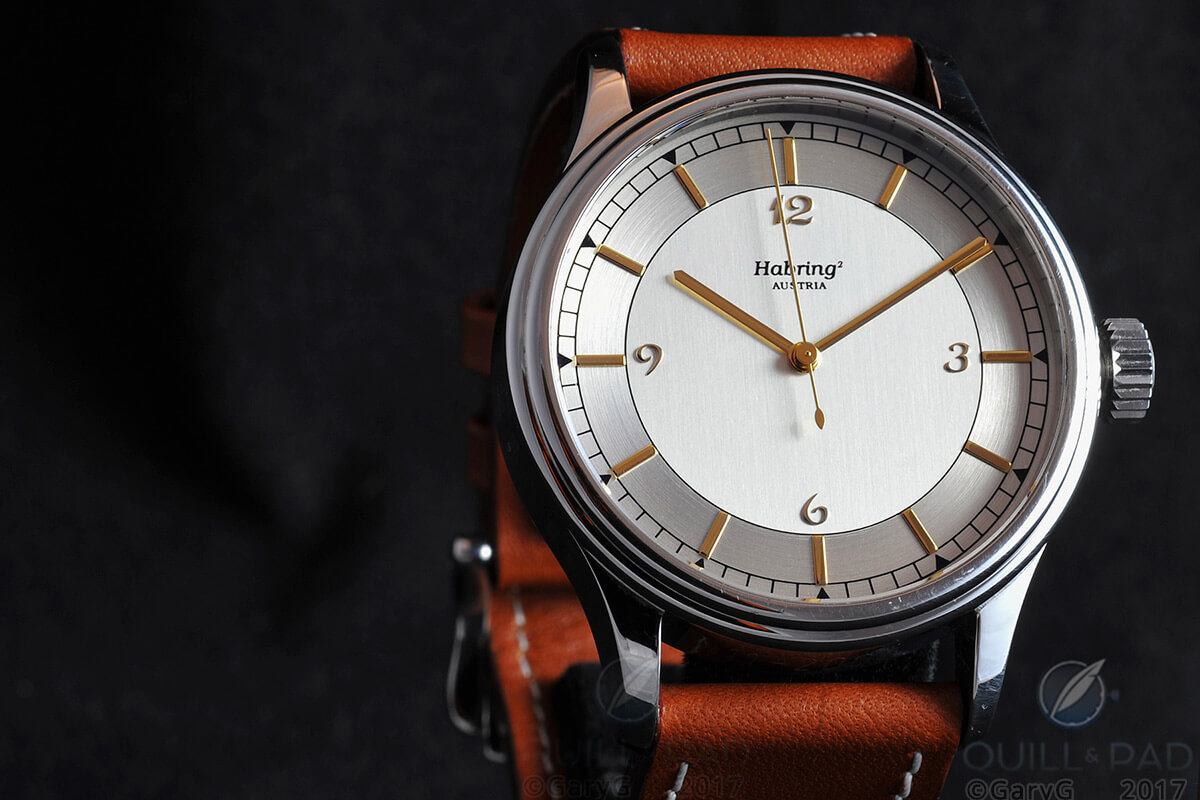
Early jumping seconds watch from Habring2
What’s so great about Habring2?
Honesty: For me, the key word that describes the Habrings – and their watches – is honesty. What you see is very much what you get, and the straightforward visual styling of the watches is for me completely consistent with what it’s like to deal with Maria and Richard.
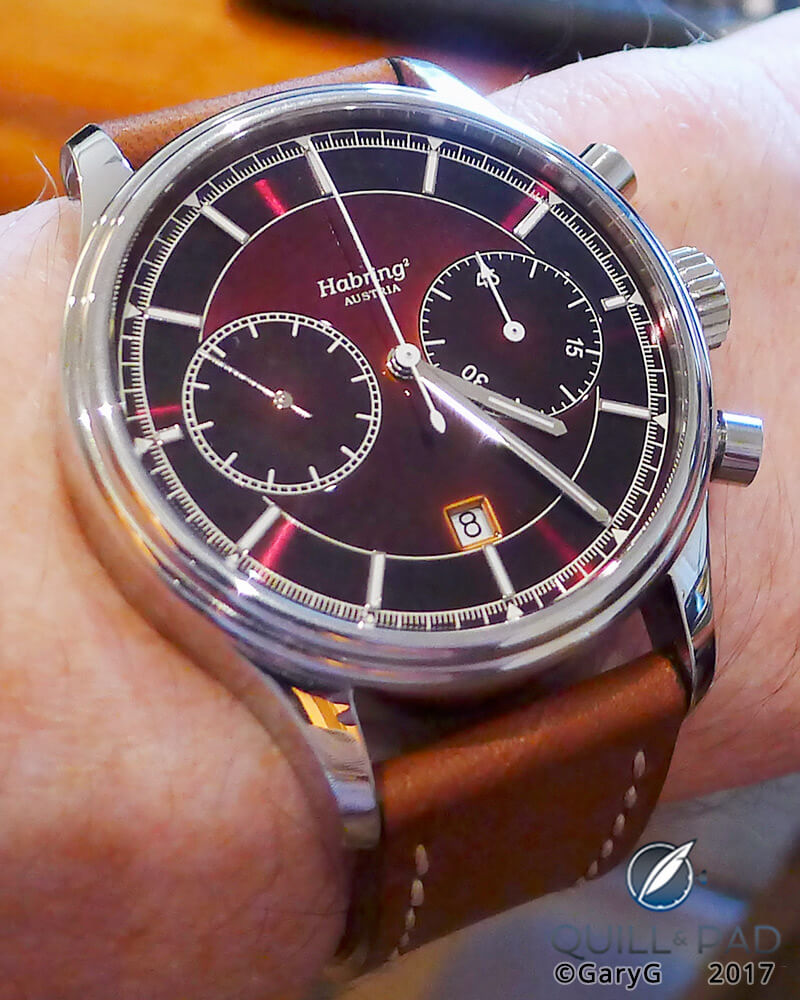
Sincere limited edition Sport Chronograph from Habring2 on the author’s wrist
For instance, on the duo’s website “Reliability” is put forth as a foremost core value, after which the text goes on to describe features such as the size and thickness of the cases, which are driven not by fashion considerations but by a desire to deliver a timepiece that will endure for the long run.
You clearly see the same forthright approach when you take delivery of a Habring watch as the box is a clean and functional wood affair and the accompanying wallet, providing an easy way of carrying a spare watch, is fastened with a spare strap.
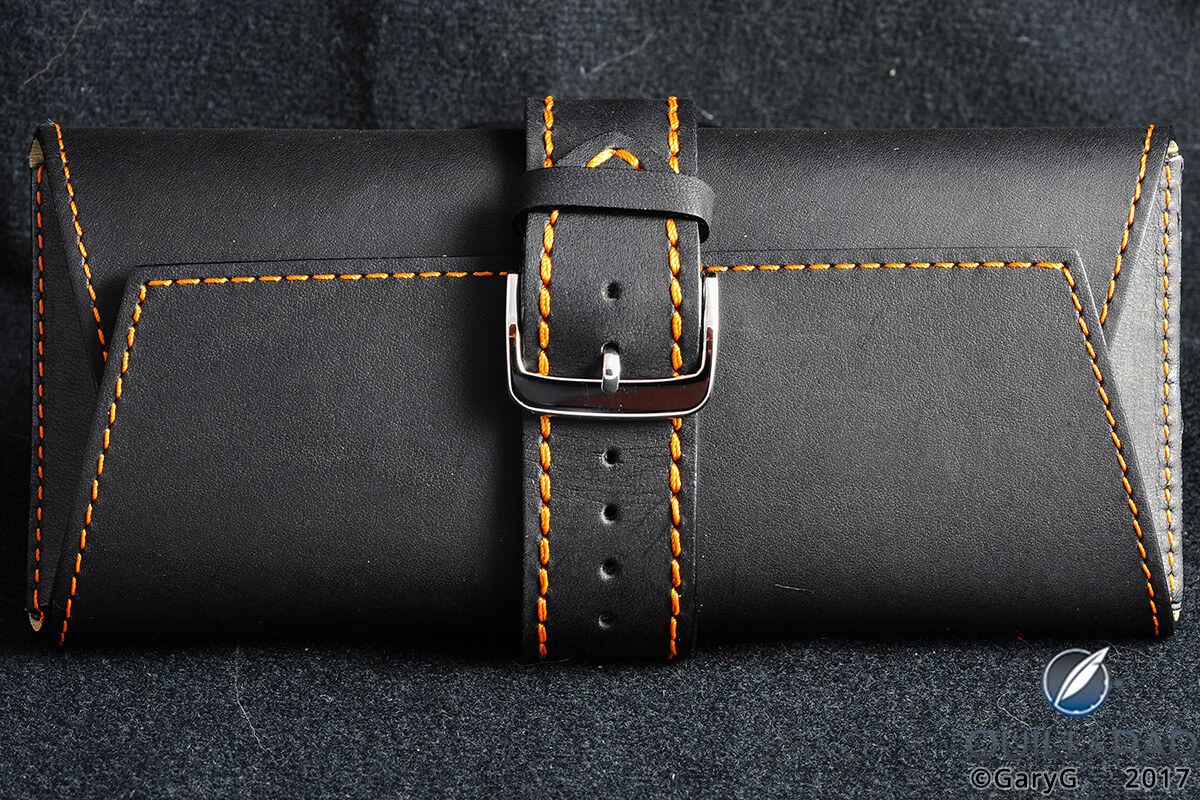
Watch wallet fastened with spare strap and clasp from Habring2
Technical chops: Richard Habring has been involved in the technical development of watch movements both for major brands and under his own name since 1989. One of his notable accomplishments was the 1992 development of the then-revolutionary Doppelchronograph movement for IWC that dispensed with the column wheel mechanism and enabled production of rattrapante (split-second) complications at a fraction of the cost of traditional split-second chronographs.
Once the original patent for the Doppelchronograph expired, Richard and Maria were able to implement it, with several improvements, in their Doppel 2.0, a watch that I was delighted to buy when it first emerged from development.
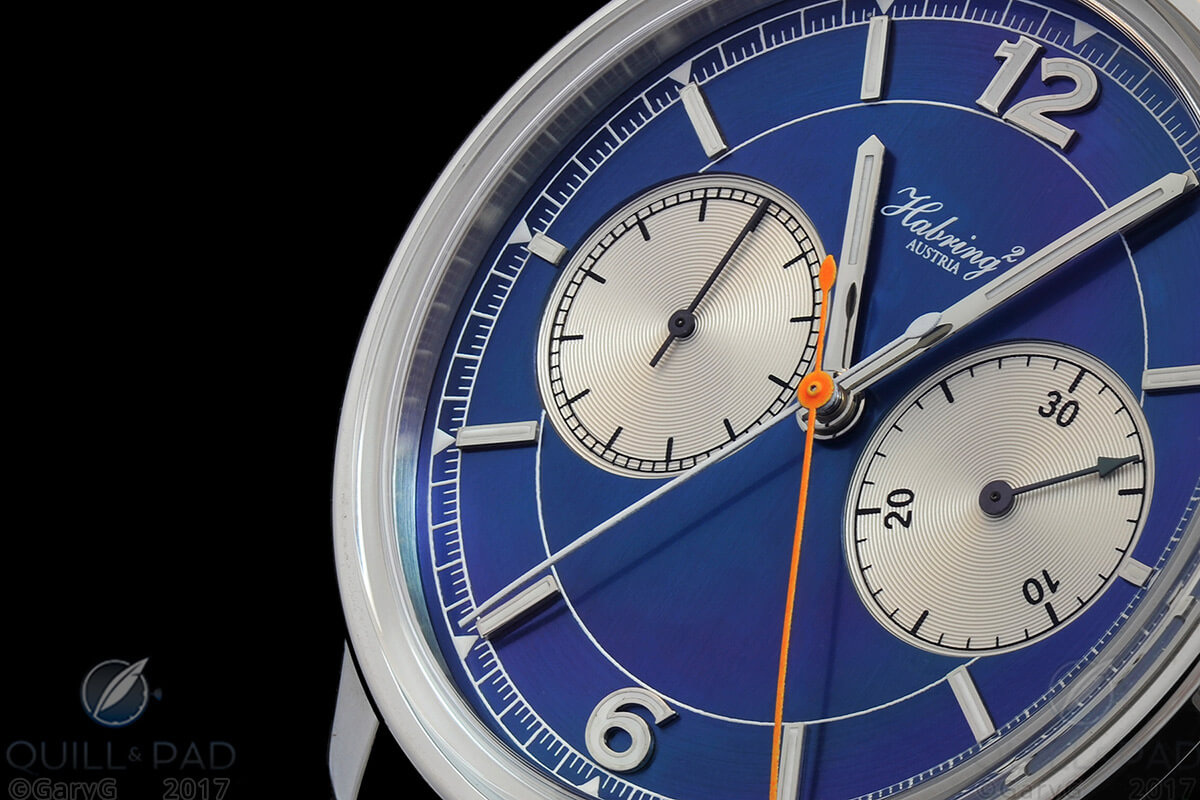
Habring2 Doppel 2.0 Launched in 2012
Clever complications: One great thing about Habring2 is the creative use of what some might consider “small” complications, although I am sure that most of these were not that easy to implement.
The second Habring2 watch that I purchased, for instance, was a jumping-seconds piece. Mine was based on the circa 1960 Doxa/Chezard 116 movement, but subsequently the Habrings introduced a new-generation jumper with their own movement as well as a jumping seconds watch with an added foudroyante (a small hand that whips around a subdial once each second in steps of one-eighth of a second).
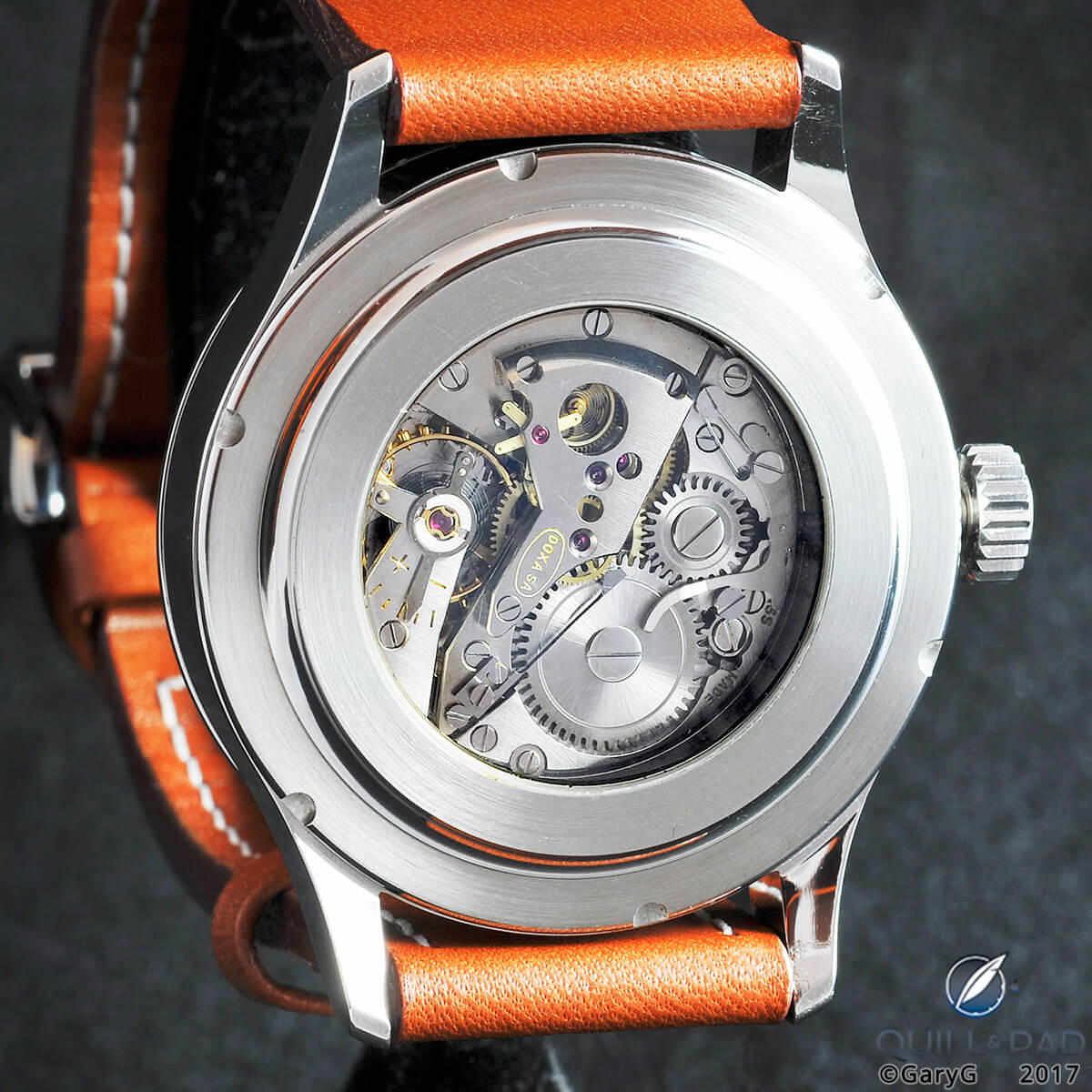
Doxa/Chezard 116 movement in early jump seconds watch by Habring2
Other delightful complications from the Habrings include their COS, a chronograph whose start-stop-reset cycle is controlled entirely by the crown (hence the name COS for Crown Operation System), and most recently a five-minute repeater that chimes the hours and five-minute intervals on demand while dispensing with the added components and complexity (not to mention the associated cost) that would be required to chime the individual minutes as well.
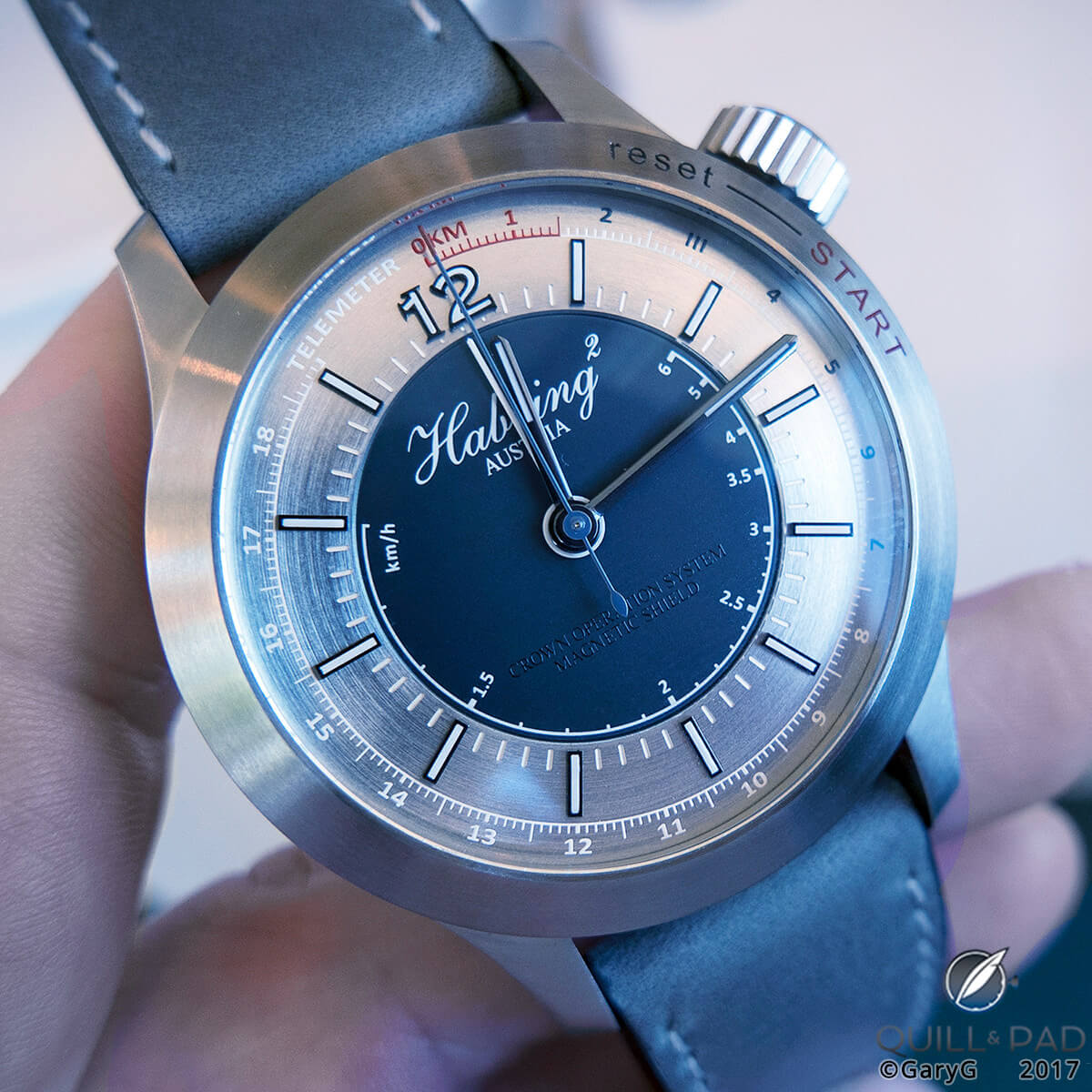
The Crown Operation System (COS) at work in ChronotempVs III Club Watch by Habring2
Consumer orientation: The Habrings pride themselves on providing buyers what they want; as a result, most Habring2 watches are based on a modular system that allows small complications like date and power reserve indicator to be added at the request of the buyer in addition to a very broad range of customized dial colors and hand designs that are also available.
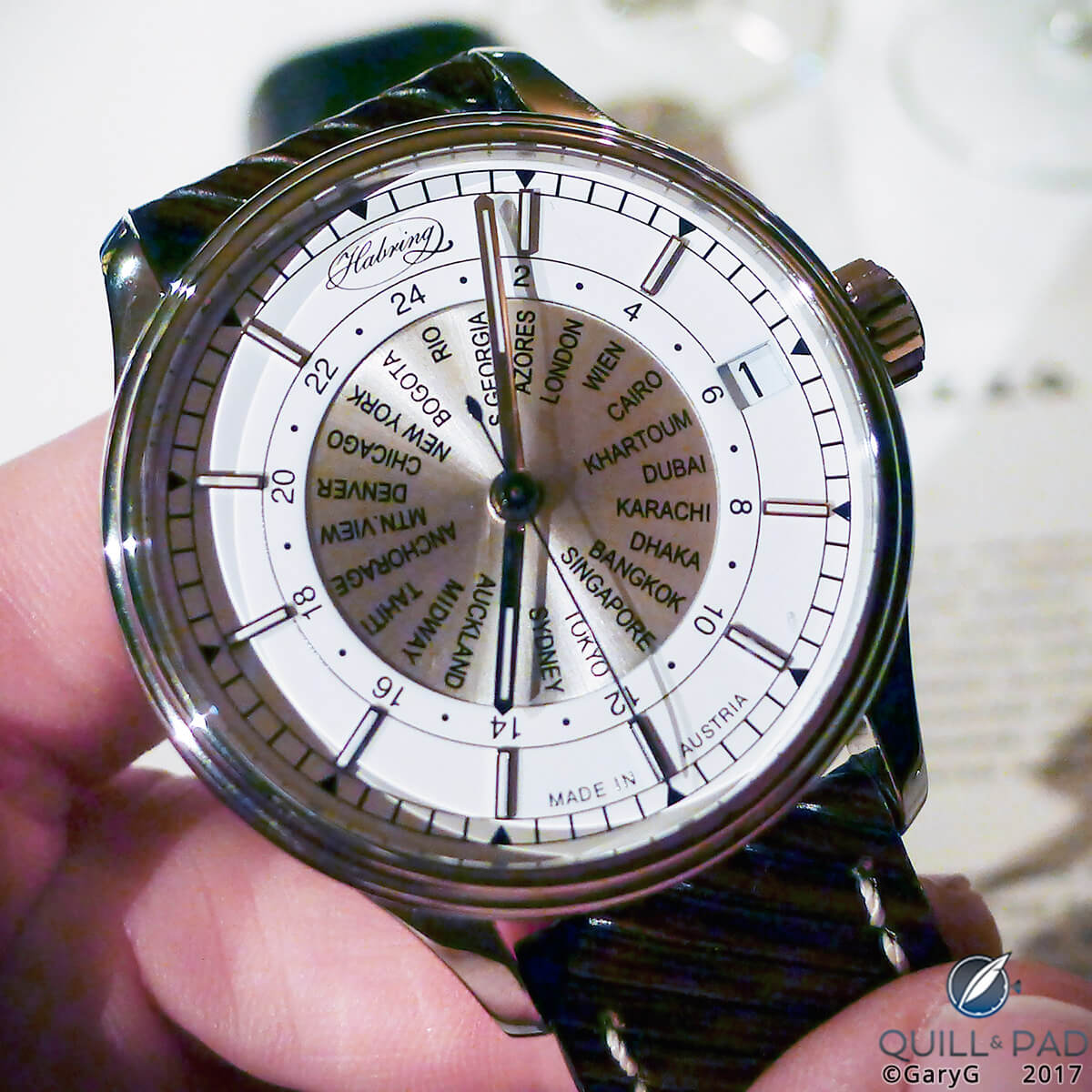
Vienna (“Wien”), Chicago, and Mountain View: customized Habring2 dial on a friend’s world timer
It’s not just about customization, though: one of the delightful things about the Habrings is that they have clearly thought ahead to ways of making life easy for the owner post-purchase. When you open that simple box upon delivery, in addition to the watch itself there are maintenance items including a spare crown, gaskets, spring bars, and hands.
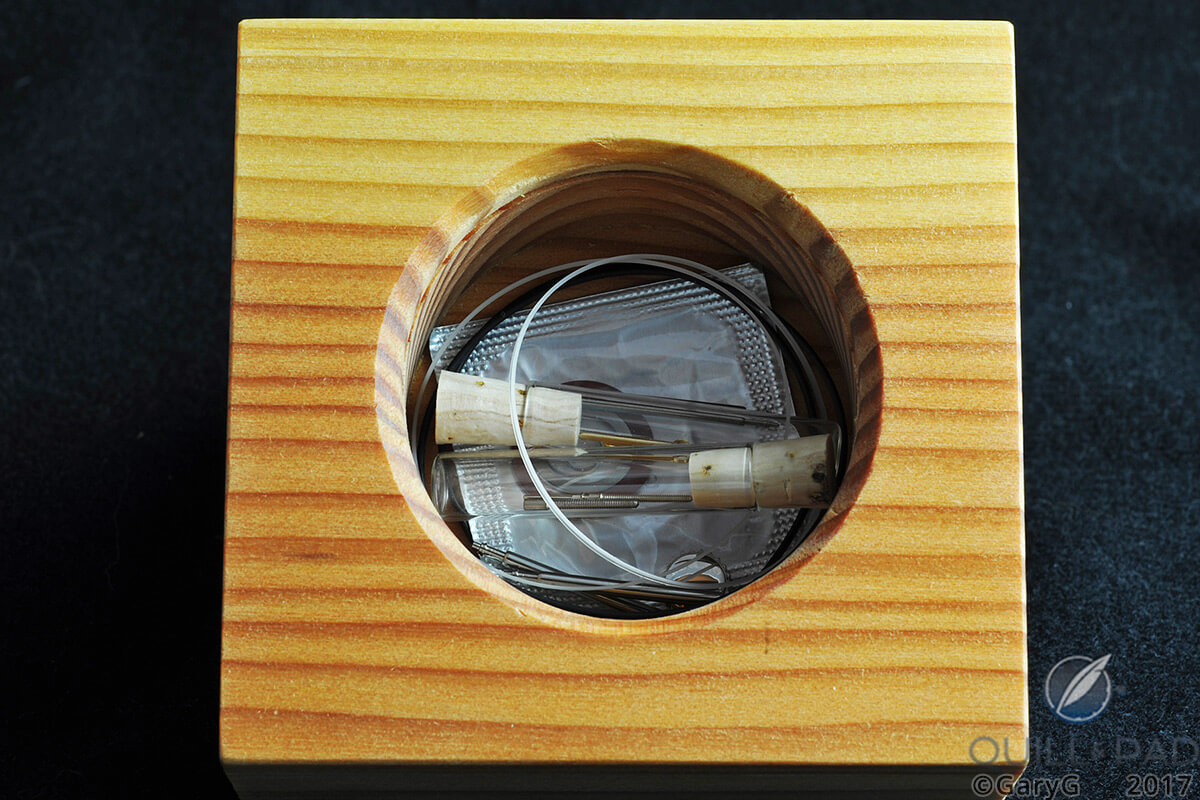
Repair and maintenance parts included with a Habring2 watch
I’m not aware of any other watchmaking company that does this, and it’s heartwarming as is the always-rapid response to inquiries and a willingness, for instance, to sell additional dial and hand sets to enable subsequent conversion of your watch from one color palette to another.
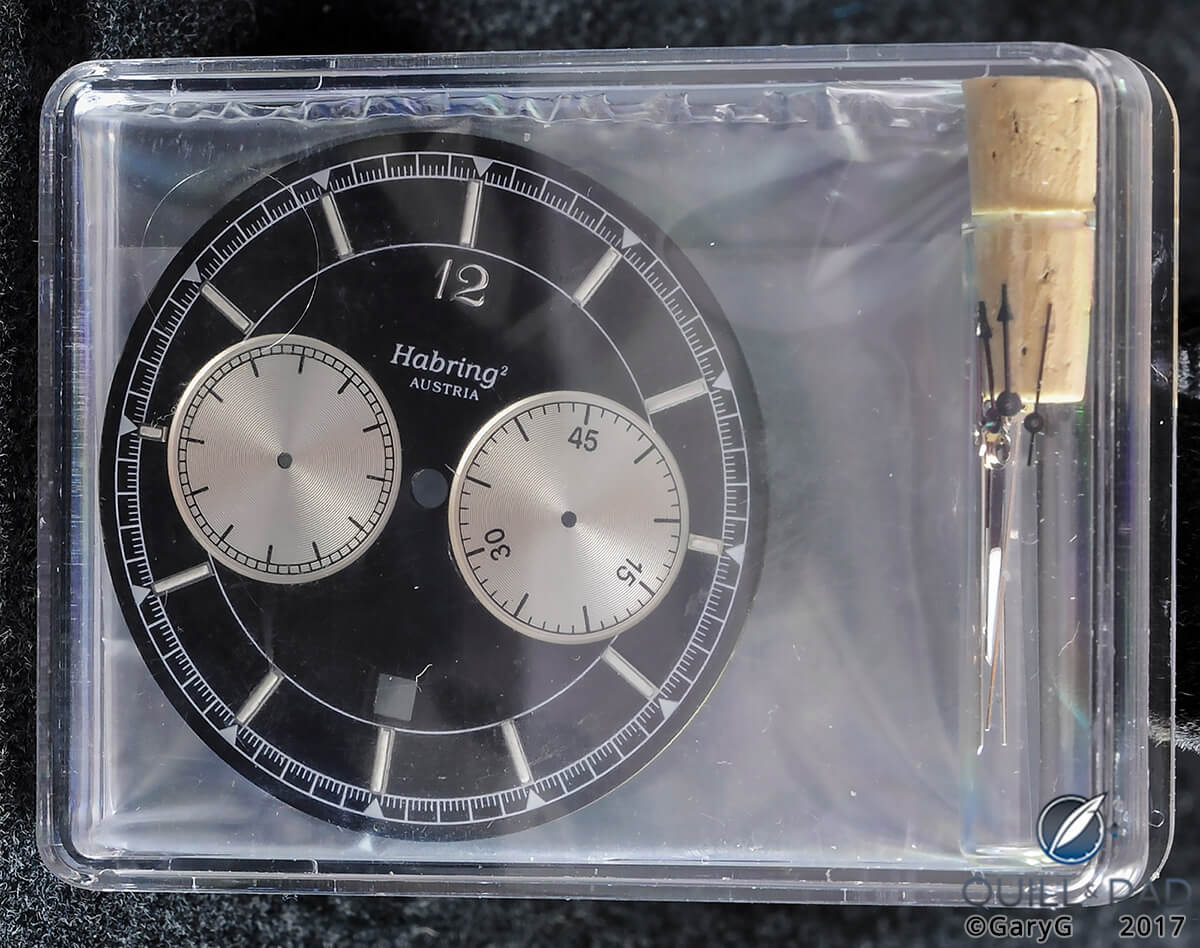
Alternate dial and hand set provided with Habring2 Sports Chronograph
Value: I almost hesitate to use the word “value” here as for some people it might connote something other than what I mean: real quality that fully justifies the price paid, and price points that are attainable for many collectors.
A quick review of current suggested retail prices of the Habring2 line in the U.S. at one of the boutique brand’s authorized dealers reveals a range between $4,450 for the jumping seconds pilot watch and $11,000 for the titanium-encased Doppel 3.0.
The value equation of Habring2 watches has been publicly recognized, too, as in both 2013 and 2015 the Habrings took home the Petite Aiguille prize and in 2012 the Sports Watch prize from the Grand Prix d’Horlogerie de Genève (GPHG) competition; the first time for the pilot watch mentioned above and shown below, and the second for their Felix time-only watch with its in-house developed movement (see Habring2 Gets Happy (And Serious) With Felix, Featuring First Austrian Movement).
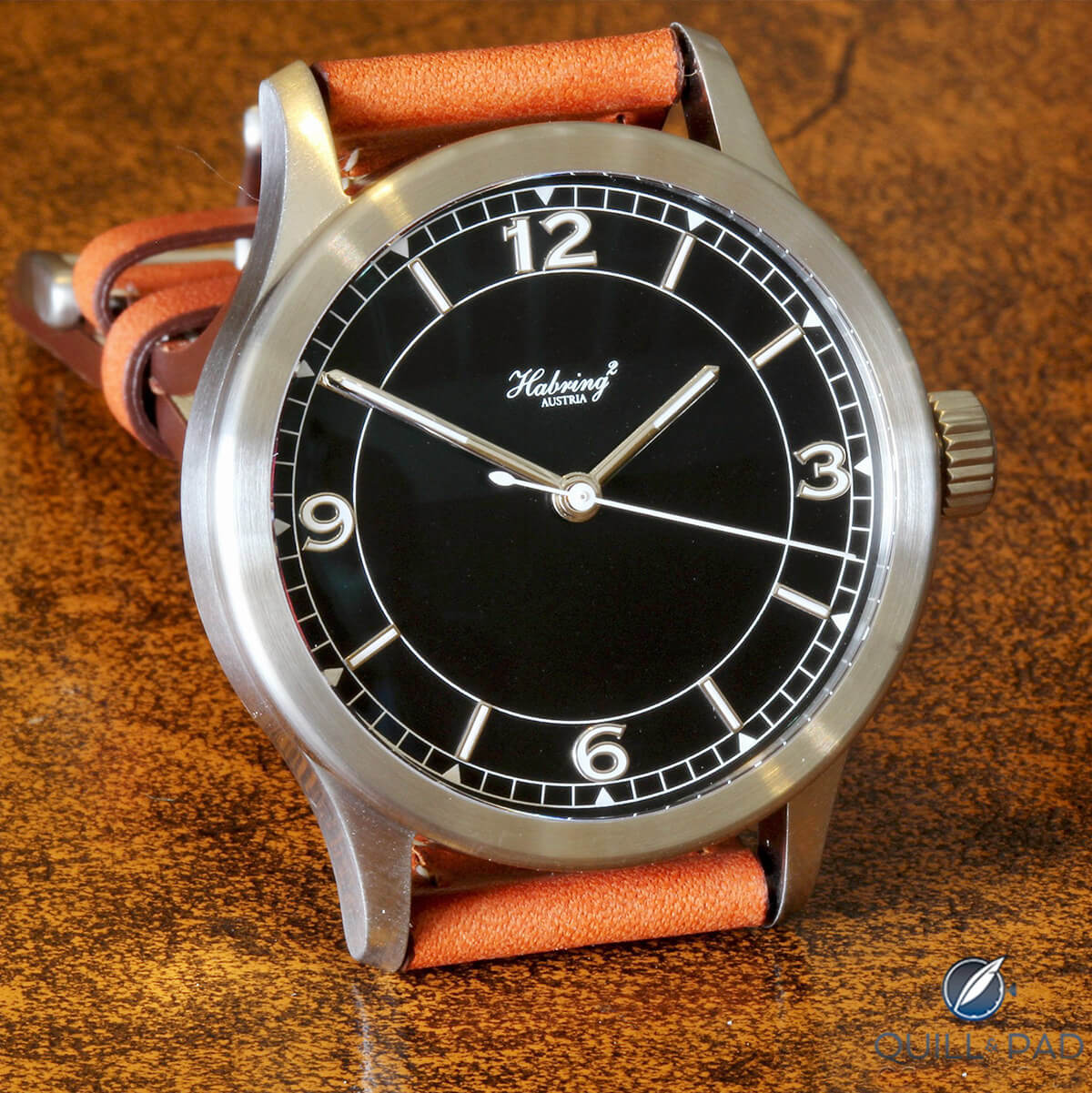
Jumping seconds pilot’s watch from Habring2 (photo courtesy Passion Fine Jewelry)
Exclusivity: I’m sure you’re already getting the impression that you won’t be seeing your Habring2 watch on everyone’s wrist on the bus, but one more reason for this is that (with the exception of the Doppel 2.0, which was produced in runs of 20 pieces per color combination, and some privately commissioned series) the Habring2 models are produced in runs of no more than 12 pieces per year each.
In recent years, collector groups have picked up on the exclusivity angle and commissioned limited series including two series each for Timezone and the ChronotempVs club. I’m particularly drawn to the 2016 Timezone limited edition with its sector dial and the 2017 ChronotempVs piece that has a scale allowing the wearer to judge the distance of a lightning strike.
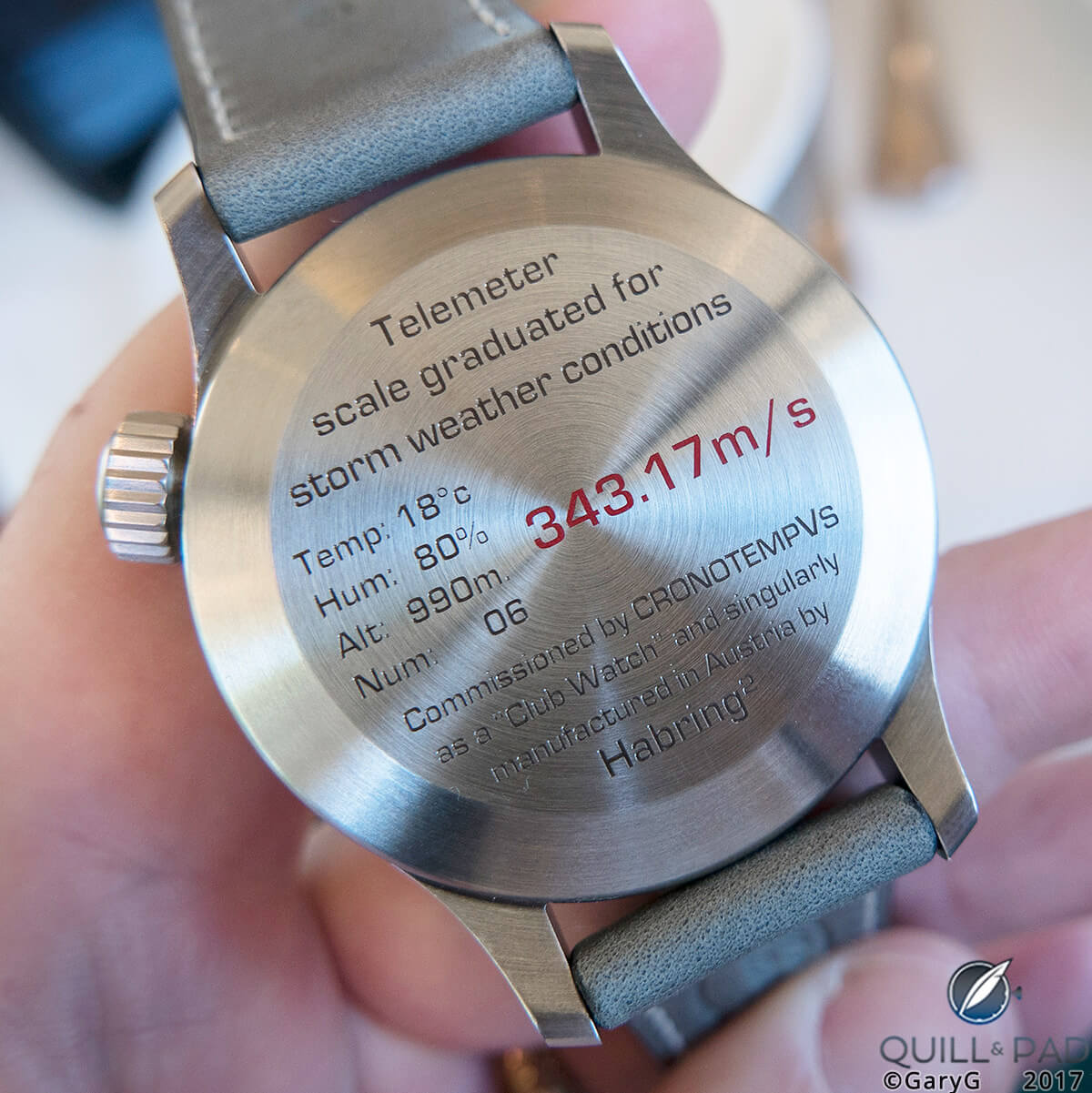
Case back of the Habring2 limited edition ChronotempVs III
Steady progress: Whether it’s watchmaking, fine arts, or business, I admire creators who don’t get stuck in a rut and who seem to have a step-wise development plan over time.
In addition to continuing to offer new complications, the Habrings have also made ongoing progress with what’s under the hood. Many of their early watches were based on vintage movements like the Doxa jump seconds and the circa 1970 Valjoux 7734 that powered my first Habring2 watch, a Sport Chronograph with “that dial,” a reddish-brownish variant that was made in a limited edition for Singaporean retailer Sincere.
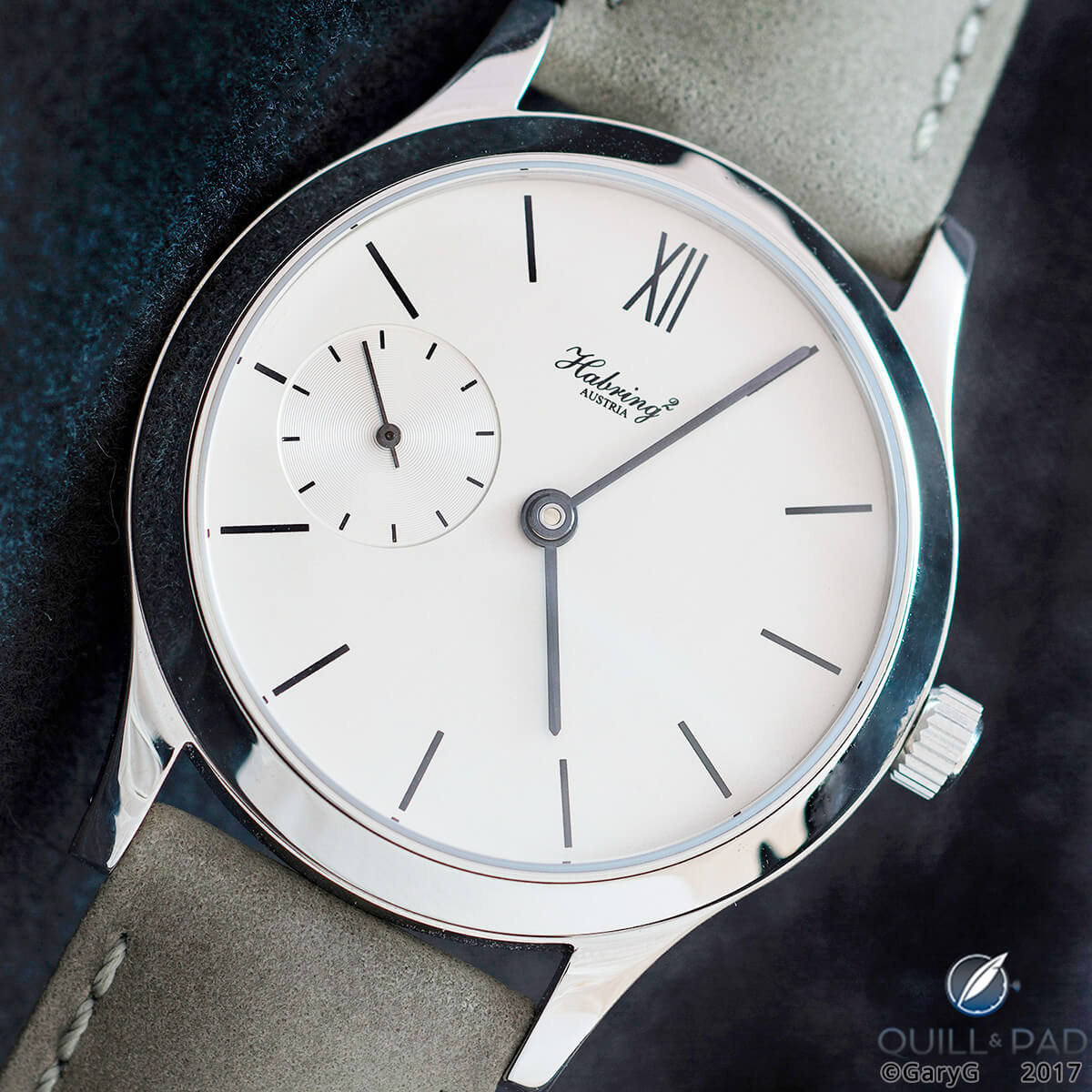
In-house: Habring2 Felix powered by Caliber A11B, 2014
Over the years, the Habrings gradually migrated on the movement front, starting with movements based on established wheel trains like the ETA Valgranges held by in-house bridges and finally moving to full in-house movement production with the AM08R in the Doppel 2.0 in 2012 and the launch of the A11 series in 2014’s Felix.
Romance: Yes, romance!
One of the great moments I’ve seen at the GPHG ceremonies I have attended was the big smooch that the Habrings shared when they stepped to the microphone to accept their trophy (see Emotions Run High At Grand Prix d’Horlogerie de Genève, The ‘Oscars’ Of Watchmaking).
And behind the public affection is an apparent foundation of mutual respect; Maria and Richard stress that their enterprise (all the way down to the name that they put on their watches) is an equal partnership in every way.
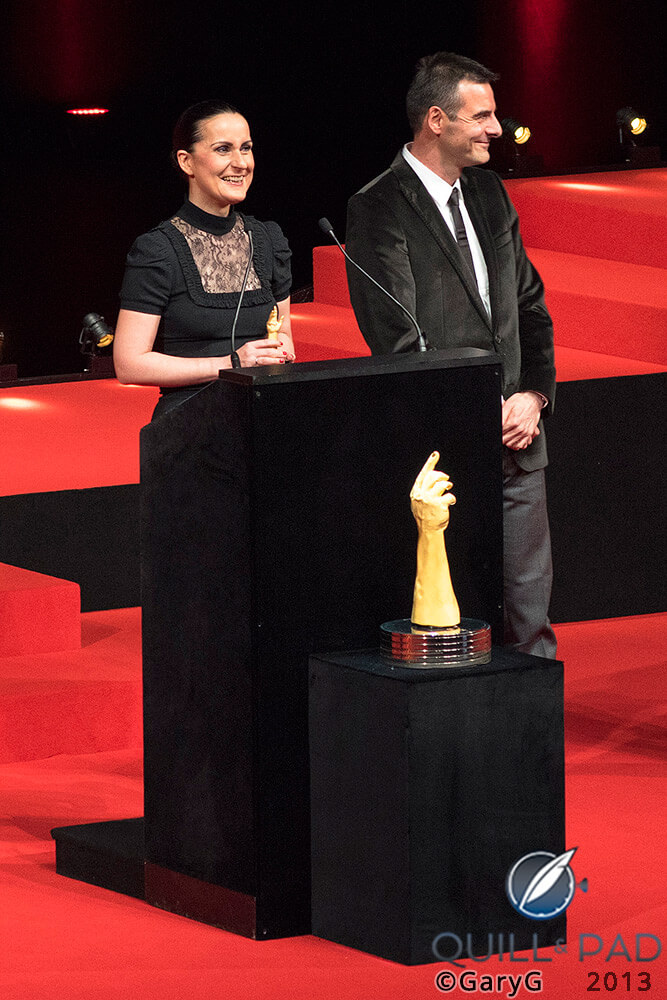
After the smooch: Maria Kristina and Richard Habring Accept the Petit Aiguille Prize at the Grand Prix d’Horlogerie de Genève (GPHG), 2013
Independence: I, for one, believe that it’s important to promote the spirit and creativity that independent watchmakers embody. And for everyone else, I’ll suggest that having a watch portfolio that balances patronage of the independents and good old-fashioned fun with the “serious” business of pulling together pieces from established brands simply makes good sense.
Any tradeoffs?
With all this going for the Habring2 brand, there must be a tradeoff or two, right?
For me the one clear accommodation that owners need to be willing to make is in the area of movement finishing, as might be expected for watches in this price range with the great technical features to be had.
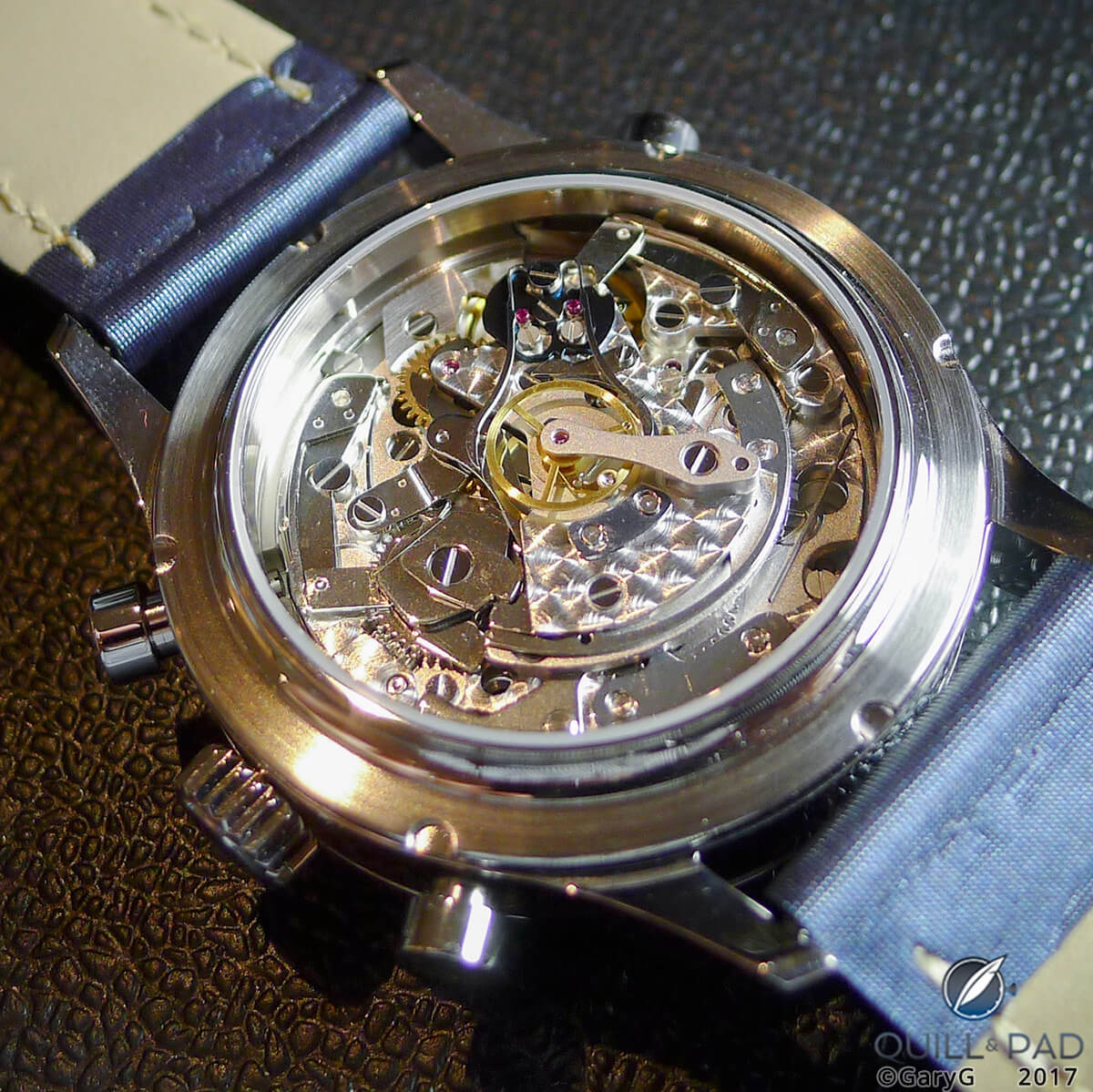
Functional finishing: movement view of the Habring2 Doppel 2.0 split-seconds chronograph
I’d describe the finishing of the Habring2 watches I’ve bought as functional, and in that way completely consistent with the intent of the pieces and their core focus on reliability. The movements in more recent pieces appear somewhat more finely finished, but at the end of the day that’s not what this brand is about for me.
Is Habring2 right for you?
Time for the moment of truth! I’d offer a big “yes” if:
- The crisp appearance and clever functions of these watches speak to you.
- You’re impressed by the customer-centered values of Maria and Richard Habring.
- You are getting started with the independents or are getting into the world of finer watches and don’t want to show up with the same watch your buddies will be wearing.
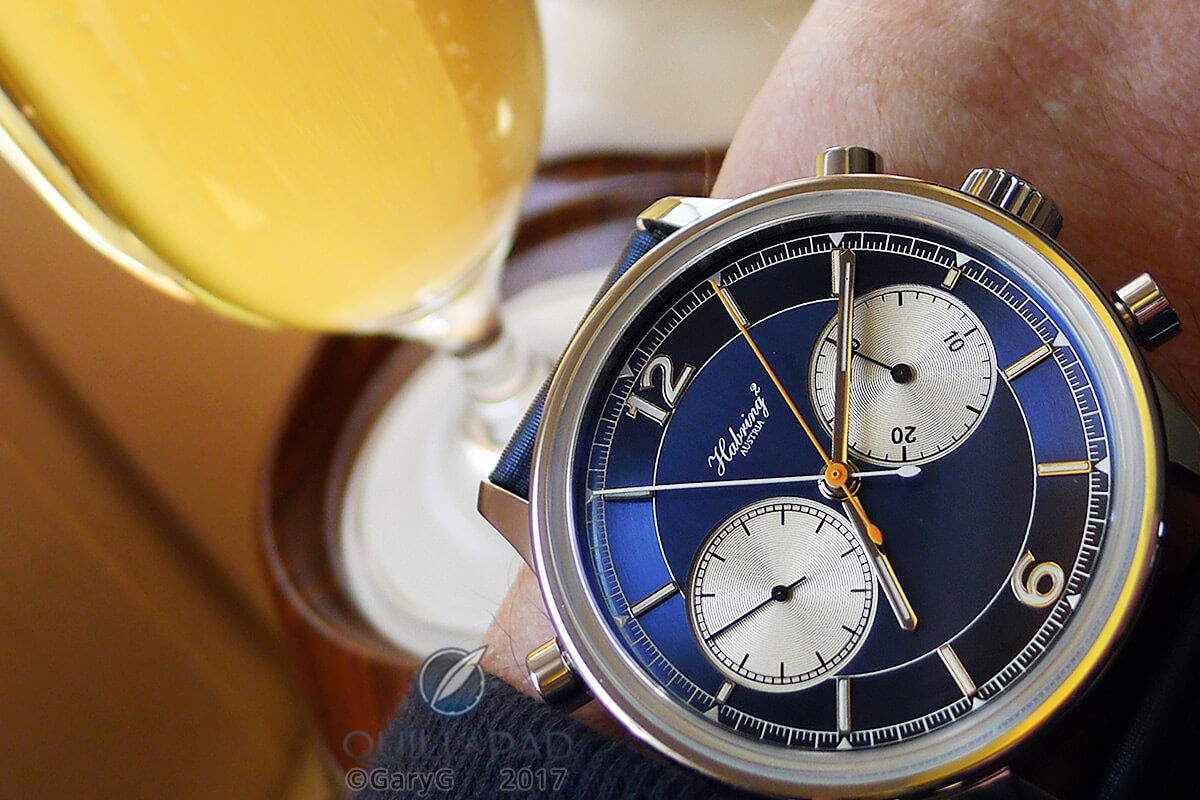
Parting shot: traveling in style with the Habring2 Doppel 2.0 on the author’s wrist
On the other hand, you might want to hold out, at least for now, if:
- You feel much more secure with a “name” brand.
- You value refined movement finishing first and foremost over other desirable attributes of a watch.
As you can tell, I’m a fan. I’d love to hear in the comments below from those of you who own Habring2 watches or are considering them, and as always wish you happy hunting!
For more information, please visit www.habring2.com.
Quick Facts Habring2 Felix
Case: Austrian stainless steel, 38.5 x 7 mm
Movement: manually wound Habring Caliber A11B
Functions: hours, minutes, subsidiary seconds
Price: €4,450
* This article was first published on August 11, 2017 at In Praise Of Habring2: A Collector’s View.
You may also enjoy:
Leave a Reply
Want to join the discussion?Feel free to contribute!








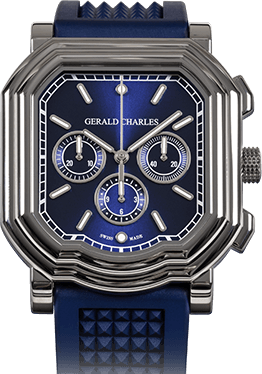
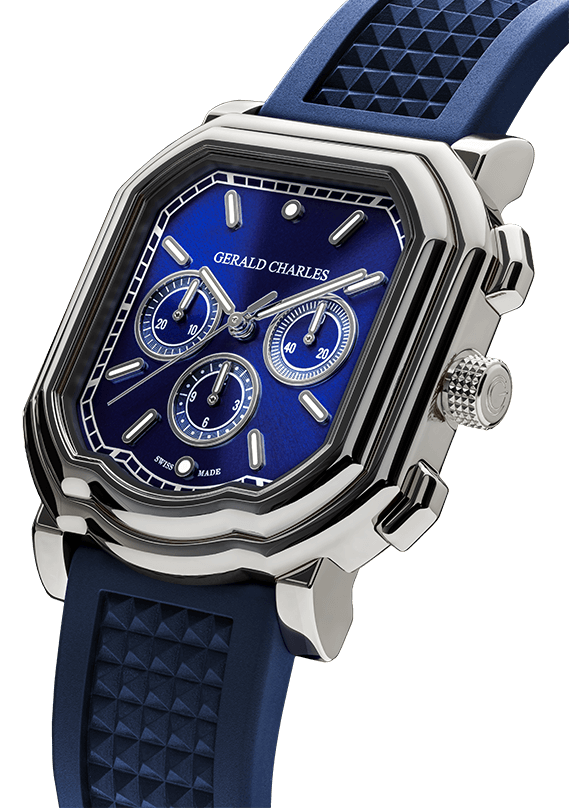

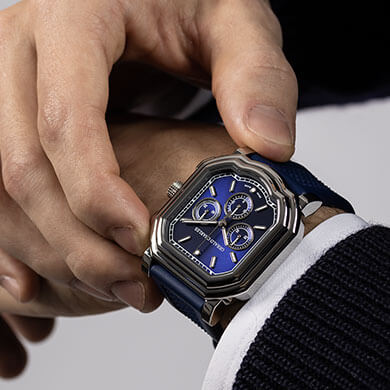
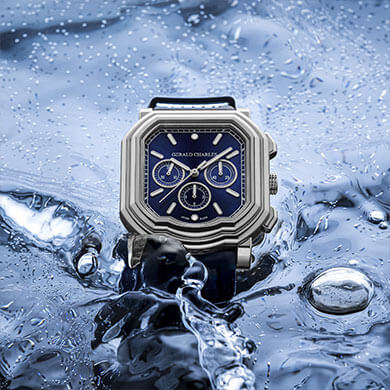

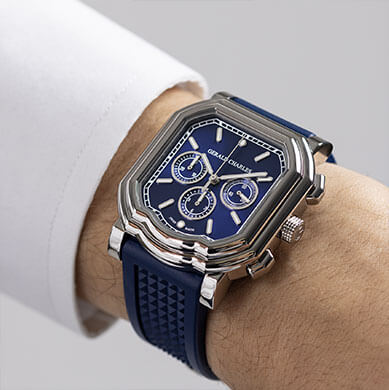



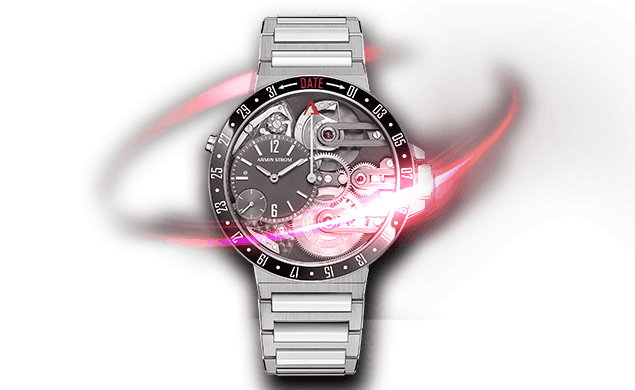
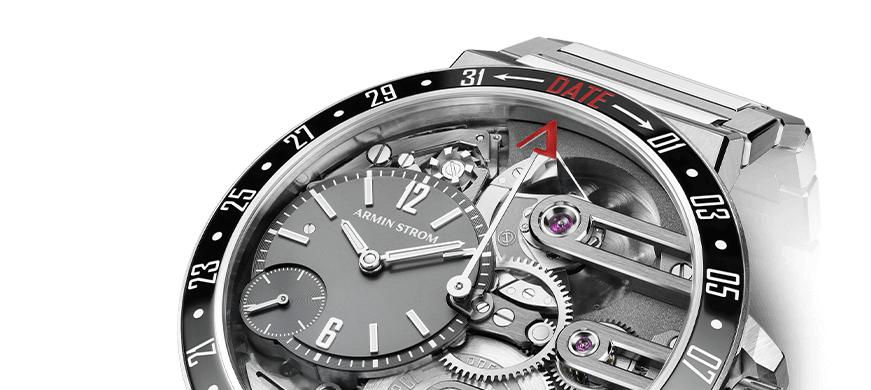
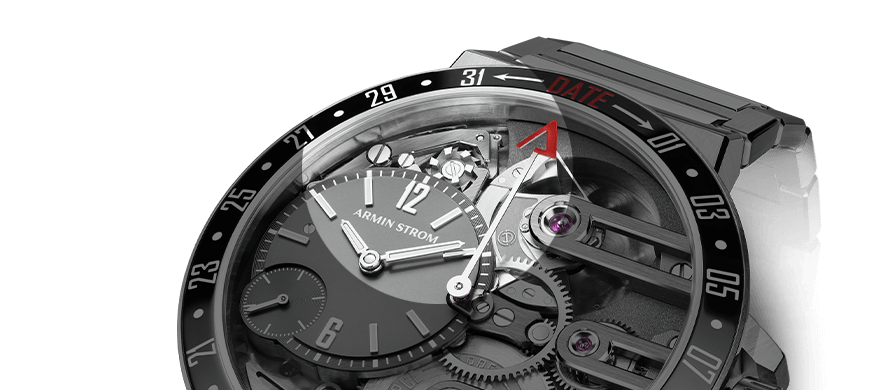


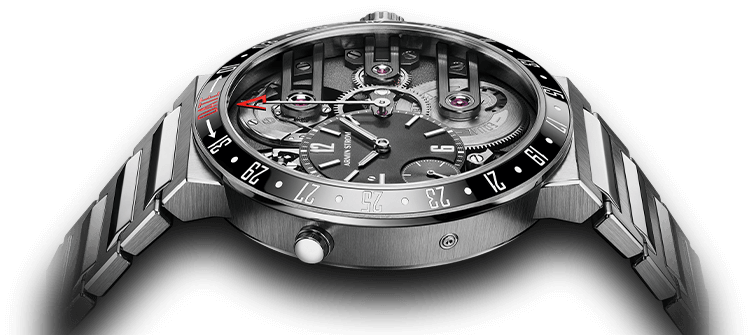
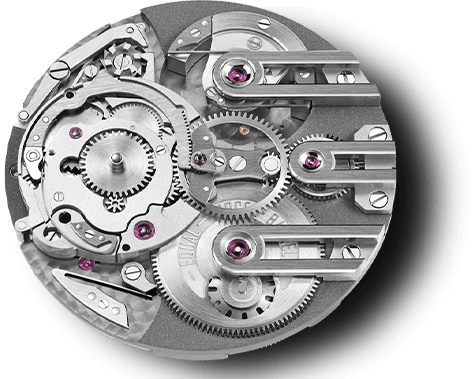

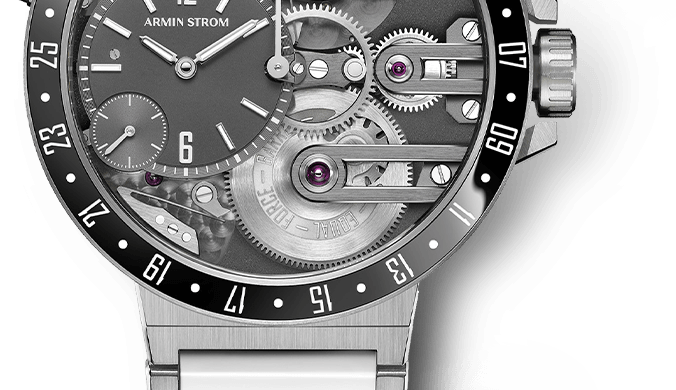
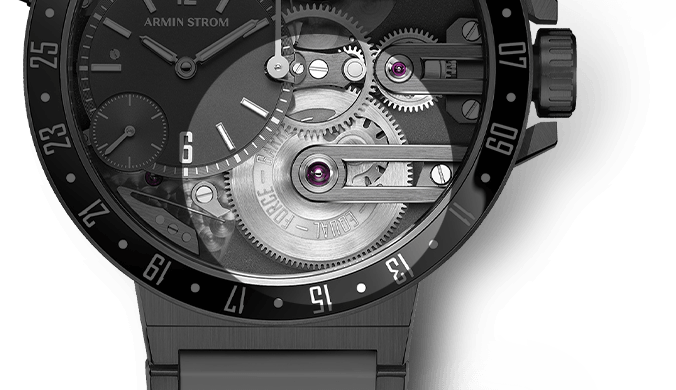


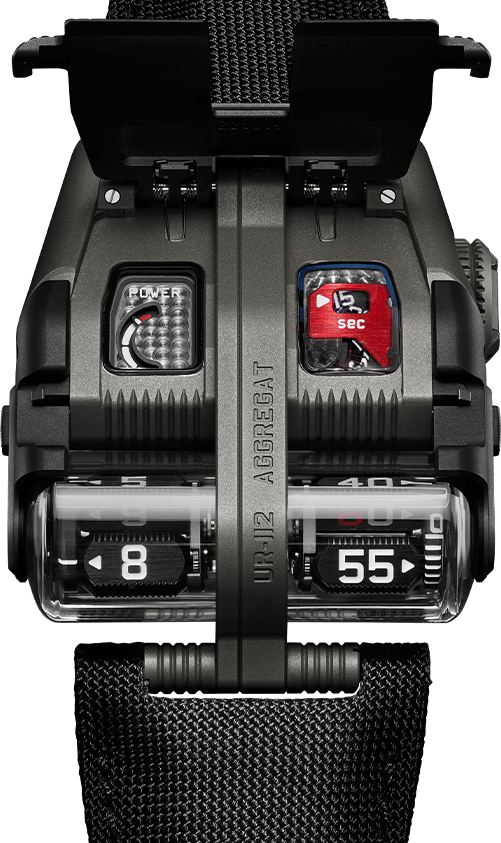

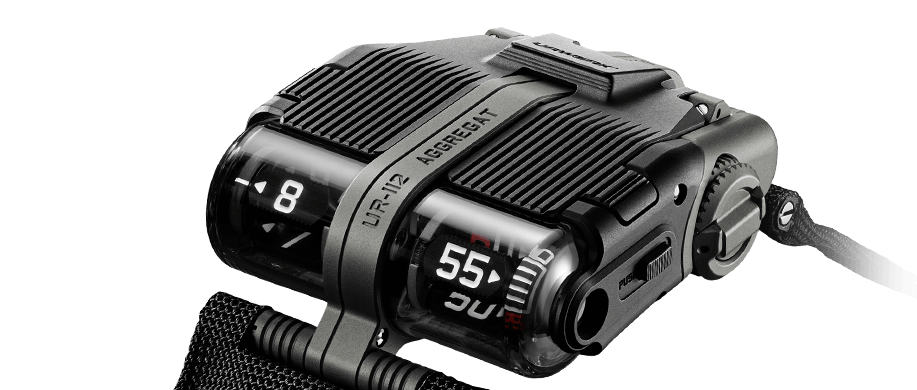
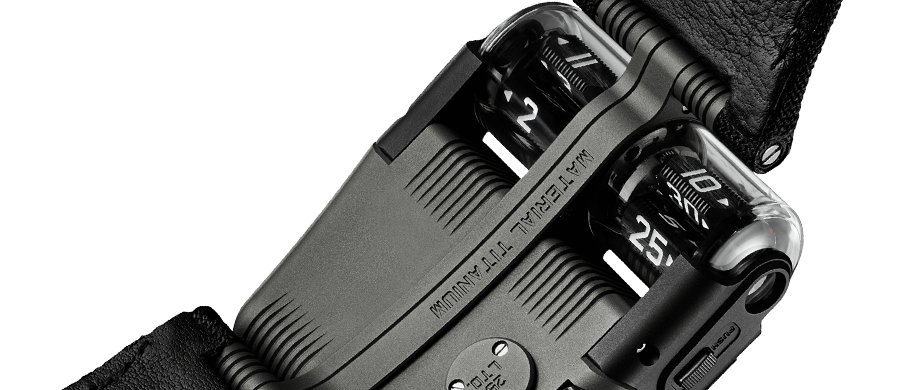
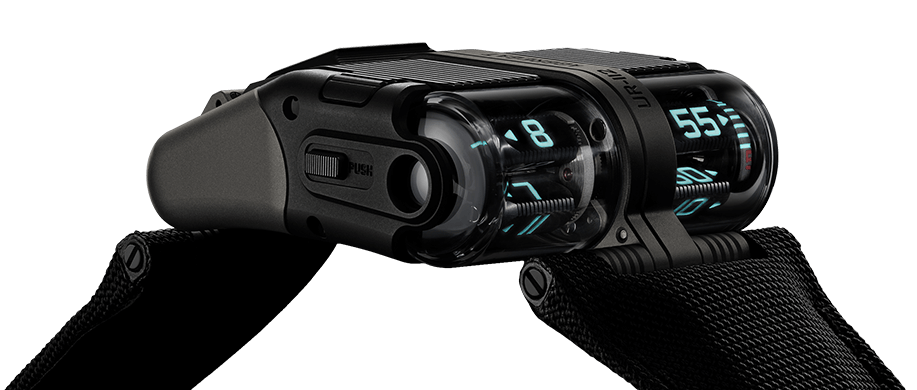


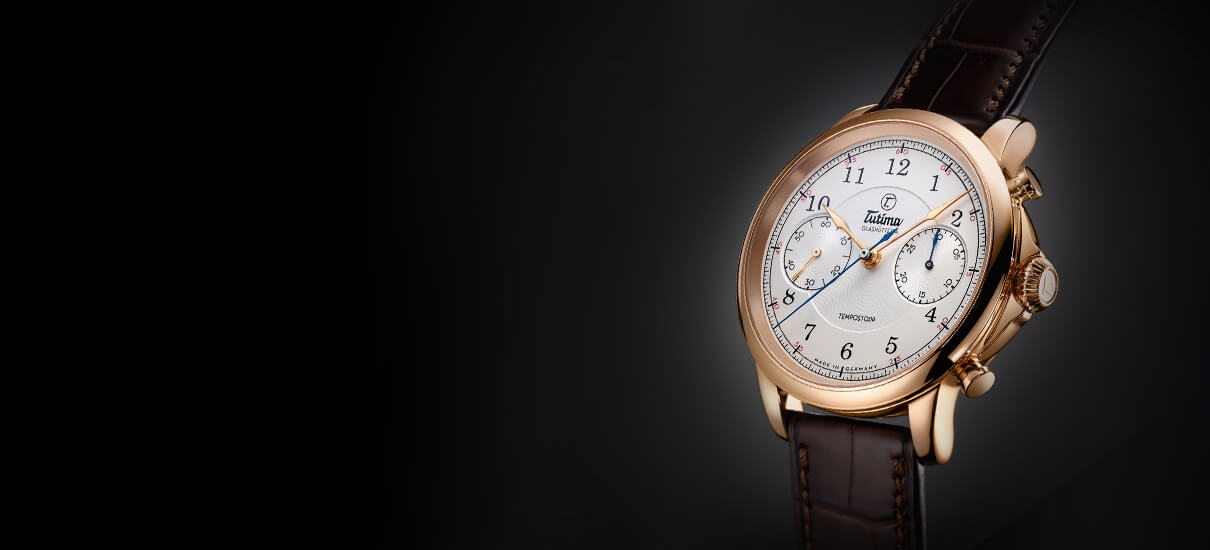

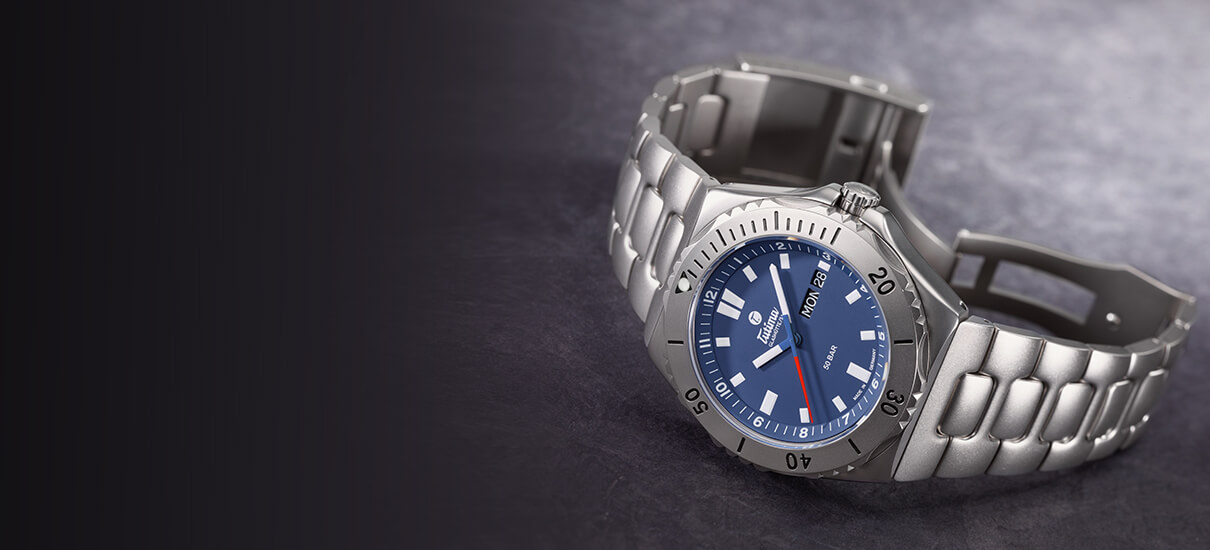

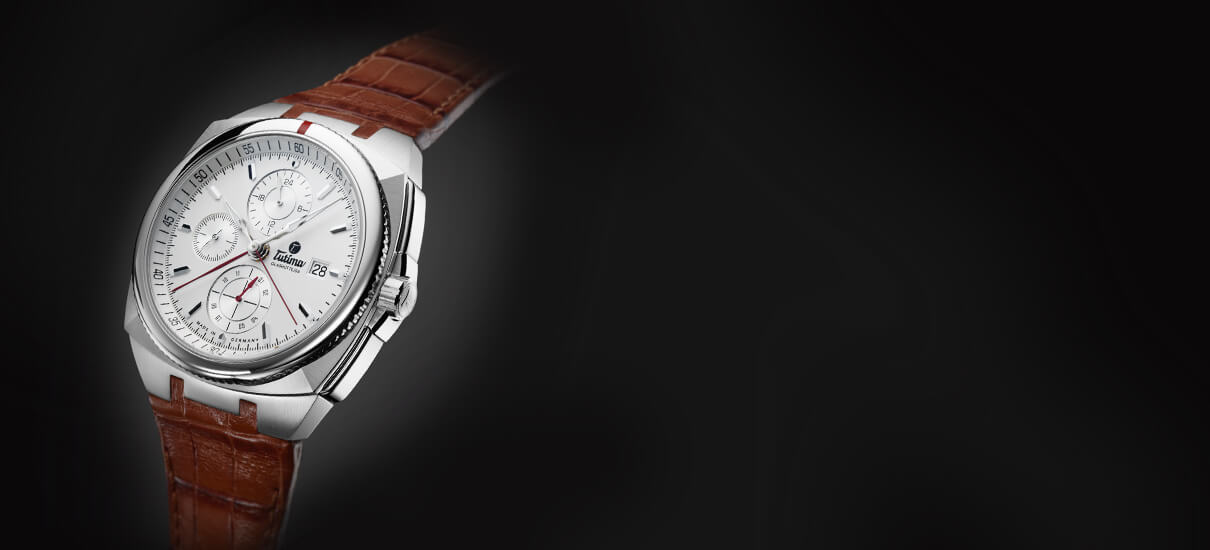

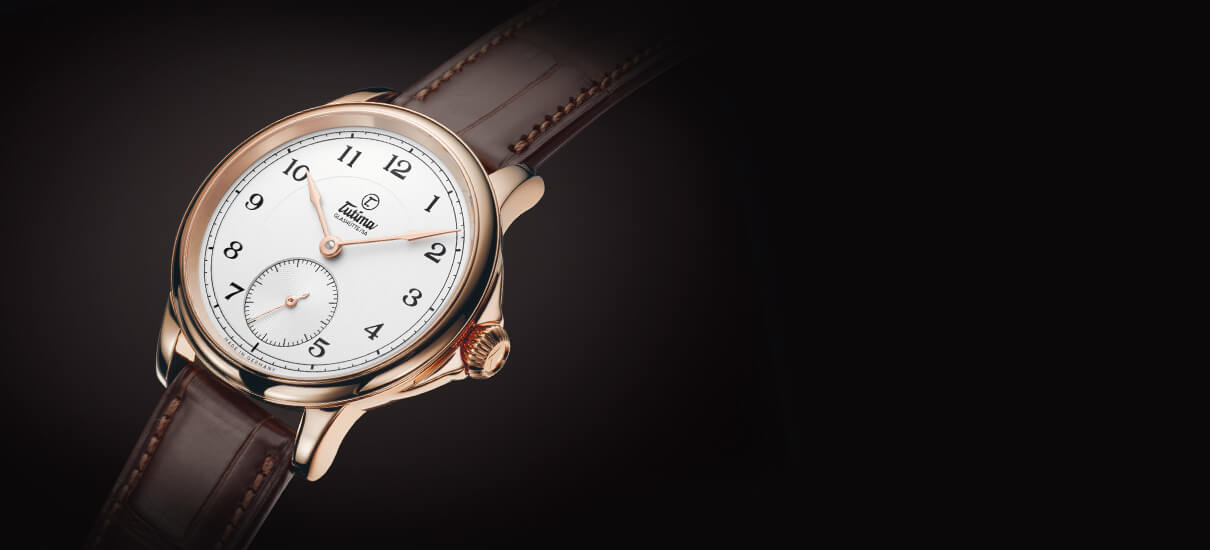

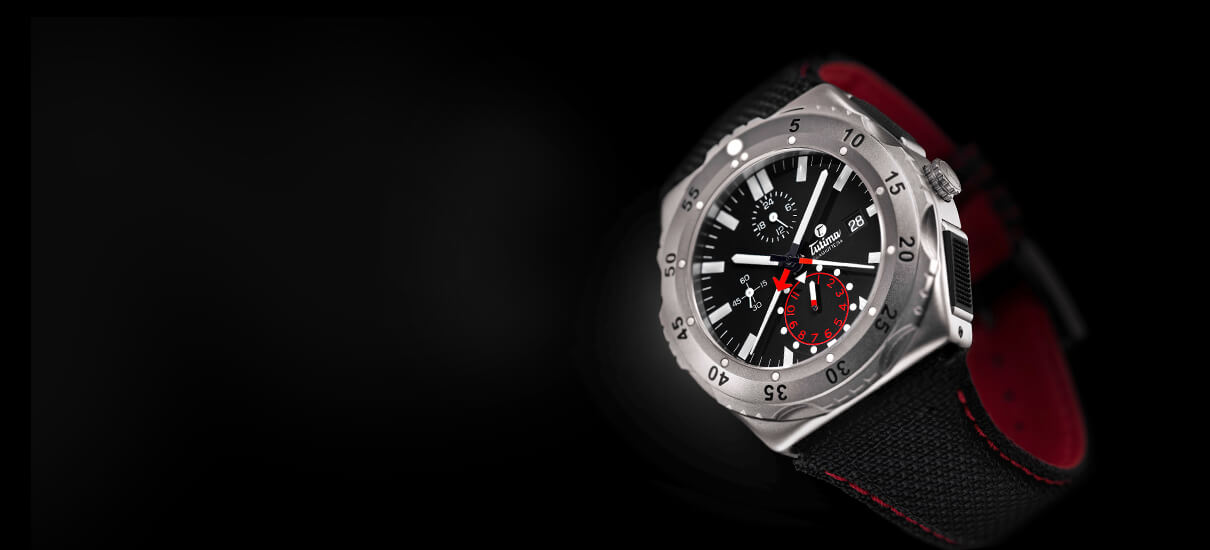

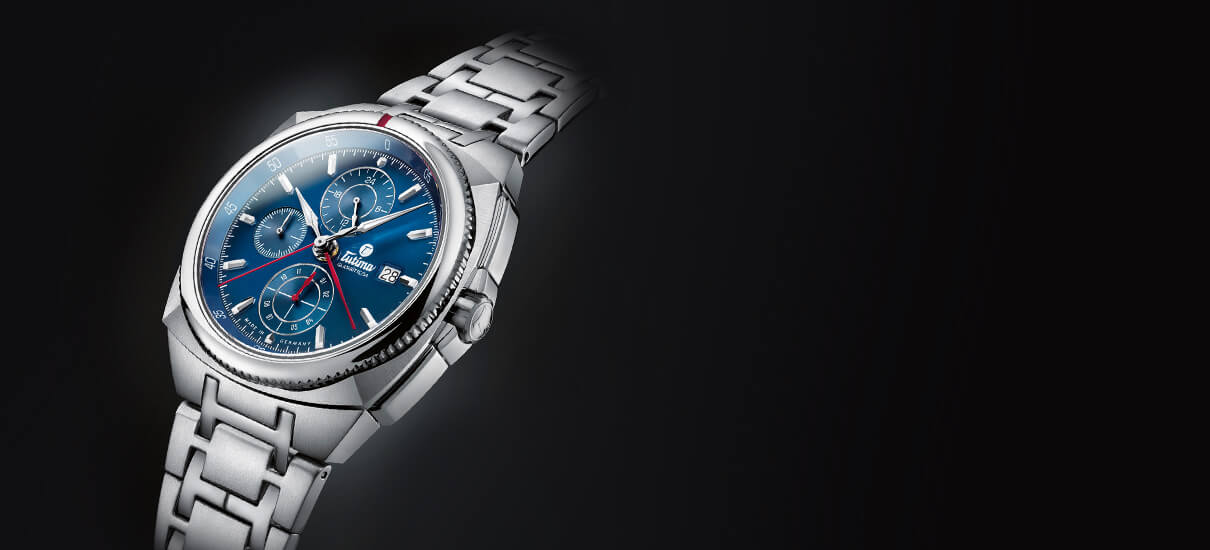

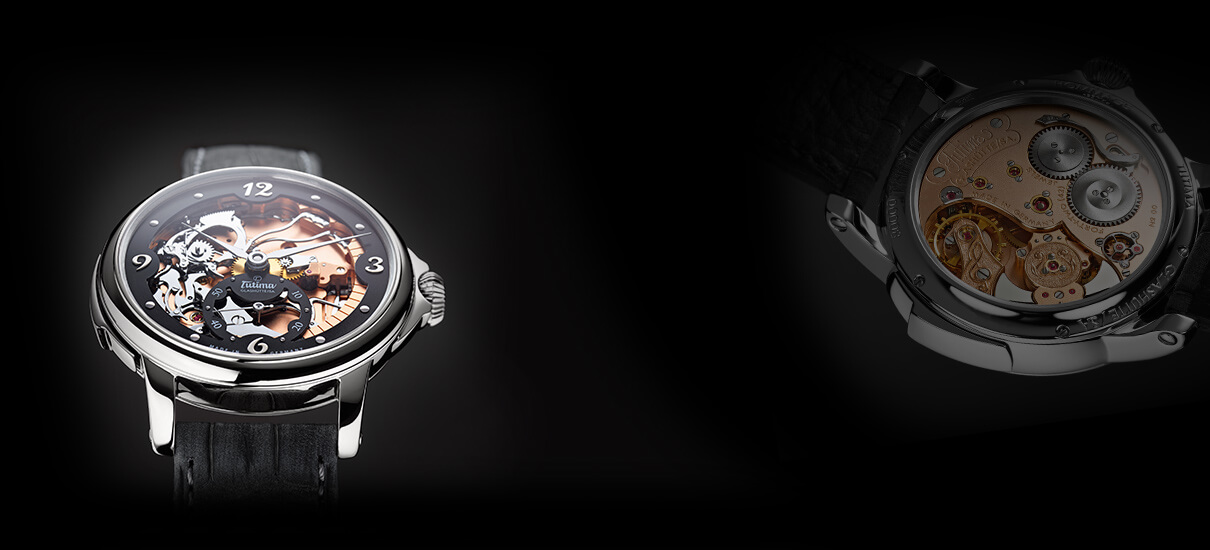



As the very happy owner of three Habring watches (one Doppel 3, one jumping seconds with tourbillon, one flying tourbillon pocket watch), I can only confirm everything in this article. They are both very nice people and it is a pleasure to deal with them. You could not ask for better and more friendly customer service. And the watches themselves are, as was noted, *honest*. They are well-designed and well-executed timepieces without frippery, without bling and definitely without marketing hype. They are reliable, accurate, and horological interesting without going over the top — unlike so much else in the world of watches where complication for its own sake seems to be the norm.